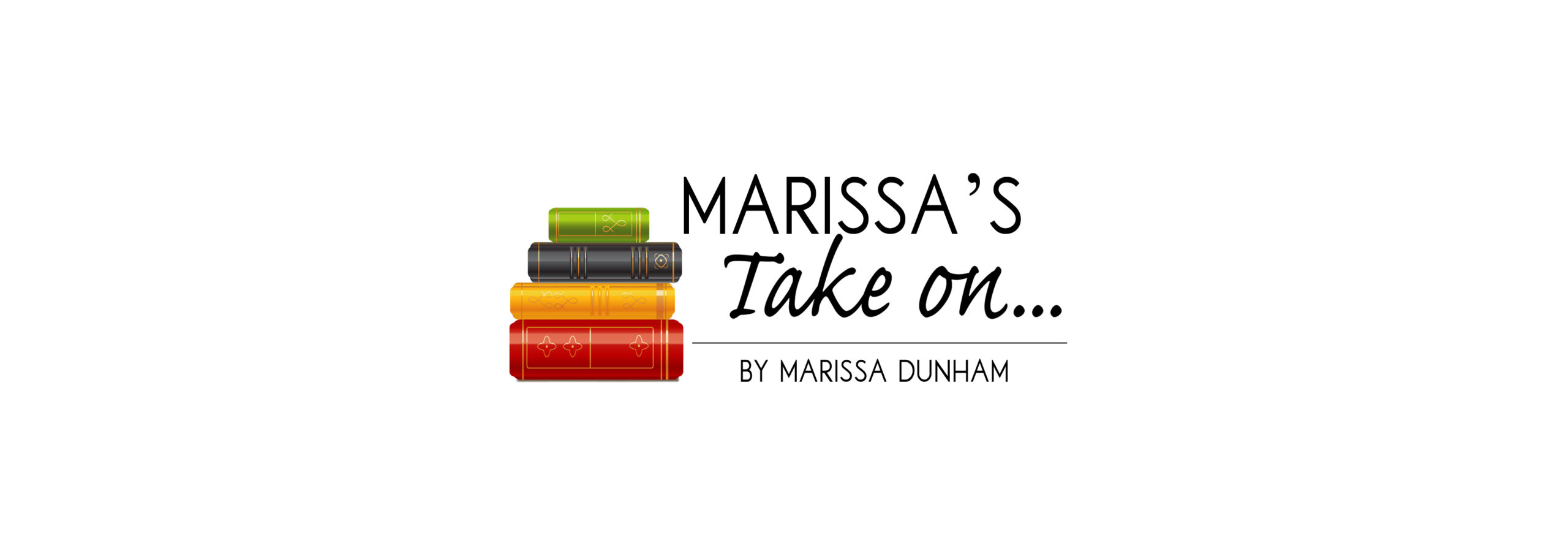By Marissa Dunham //
When doing prep work for a new or existing character, I confess that I don’t like using character sheets. What are their goals? What’s their favorite food? The questions are generic and broad. They lack the context needed to write the detailed observations you would actually use on the page – the details about your character that will grab your reader’s attention.
It might not be a popular opinion to bring up the limitations of character sheets for writers, but you may find that your character details will go deeper if you skip the Q&A and try to develop characters from the stuff of life, with these recommended writing books on character.
Life Lessons for Writing Unpredictable Characters
I was once writing a middle grade mystery story with a quirky aunt who hid clues around her house for her niece. She was a classic mentor archetype for middle grade fiction – always had the answers to the main character’s questions, showed up right when the conflict needed a solution or complication, and had some kind of personal relationship with the main character.
To prepare for her clues, this aunt would test new clues out in the real world by carrying sundry items in her jacket pockets.
So, I did the same.
It happened that I was summoned for jury duty while early drafting this story. And in the courthouse lobby, there was a metal detector where a security guard asked me to empty my pockets – jacket pockets included – pockets that I’d filled with dice, tissues, a pebble, pens, and four small glass bottles of different colored glitter.
As I emptied my jacket pockets for security, I counted the bottles of glitter carefully to make sure I didn’t lose any in the transfer. But as I reached back into my pocket for the final bottle, I felt one of the clues slip from between my fingers into midair. The tinkle of broken glass hitting tile came soon after.
At my feet, a rippling pile of gold glitter spread out in the lobby of the superior courthouse, where I stood at the front of a long line of jurors and court staff who waited, unsuspectingly, to a mess of glitter I had just created – all in the name of character research.
You laugh, but I was absolutely terrified at the time.
I learned from that experience that accidents were bound to happen to my eccentric character and that not everything about this mentor archetype had to be controlled. I never would have learned this in such a personal way if I hadn’t gone out to learn character for myself.
And the broken bottle of gold glitter? It found a place in the story.
How Do You Use Writing Craft Books to Create Living Characters?
Writing nuanced characters is about life. Character is unpredictable and reactive, just as acting is reacting, and writing about someone with freewill – which is what character work is – is what you’re trying to achieve.
You will take from these recommended books: techniques to create composite characters from your own memories and life experiences, mindset and writing practices to take with you during field work, and examples to write more compelling and honest characters on the page.
Here are the five!
- About Writing: Seven Essays, Four Letters, and Five Interviews by Samuel R. Delany
A science fiction and fantasy writer, Delany’s advice on character will make you think. An accomplished novelist and essayist, you will learn to create sympathetic characters from a writer who is comfortable in his profession. And more than that. This is a book that keeps on giving. Delany discusses his best tips on craft that include the basics, point of view, plot, commonly overused words, and dramatic writing. The book is about 432 pages and is a truly enjoyable read for character and beyond. - Bullies, Bastards, and Bitches: How to Write the Bad Guys of Fiction by Jessica Page Morrell
Pardon the language. Despite the title, this book is a funny and lighthearted read. If you’re struggling with writing characters who are the opposite to you, this book could be a great assist. Even in memoir or creative non-fiction, people perceived as harsh or remembered in a way that was traumatic for the writer can be hard going. This book will come alongside you and prepare you for the road ahead with definitions and examples for writing villains and anti-heroes that are helpful. The book is about 304 pages. - An Actor Prepares by Constantin Stanislavski
To be perfectly honest with you, this is an acting book. There simply isn’t a good writing craft book on the market right now to learn method acting techniques for writers – though some come close. So, I’ll ask you to apply what you know as a writer to the methods Stanislavski wrote in his seminal book. Stanislavski is a Russian teacher and director who taught method acting in the early 20th century. His methods for getting into character are timeless, and you’ll be surprised at what you learn about yourself while reading. Pair this 313-page book with Getting into Character: Seven Secrets a Novelist Can Learn from Actors by Brandilyn Collins (below) or Writing Fiction by Janet Burroway. - Bird by Bird: Some Instructions on Writing and Life by Anne Lamott
A popular book for beginning writers, Bird by Bird has a good, but short chapter on character and narrators. Her advice is sound, and she explains how to create characters from composites well. The book isn’t perfect, but its philosophies will make you rethink how you approach writing to come out stronger than you were before. This book is about 220 pages, not including back matter and is a fascinating read. - Getting into Character: Seven Secrets a Novelist Can Learn from Actors by Brandilyn Collins
Influenced by Method Acting, Collins writes a book that shapes characters into vivid experiences on the page. Her book is good for beginners and intermediate writers and lets writers fill in the blank on character through acting processes. The book is about 239 pages.
Marissa’s Take Practice Exercise: Who’s Buying Lunch?
Pick a new or existing character. Write a grocery list for that character, or go to the grocery store and shop as your character. (You don’t have to buy the groceries selected.)
Things to consider as you’re writing. Your character might be on a budget or is preparing a romantic dinner they’re not looking forward to making. Or, your character could be from a world or time unlike ours. If you’re writing a fantasy or science fiction story, add items to your grocery list that have similar texture, taste, smell, and color to those found in your character’s world.
Challenge: Consider traveling to a grocery store you haven’t been to before to do this exercise.

MARISSA DUNHAM is a writer and freelance editor. She spent the early part of her career in educational publishing, but now spends most of her time editing literary fiction, magical realism, and middle grade fiction. She lives in Southern California, where she enjoys bringing new life into the world by planting tomatoes and flowers in the garden.


Marissa,
Love the ‘learning from actors and acting’ approach.
Also the ‘Take Practice Exercise’ (we writers need to get out more).